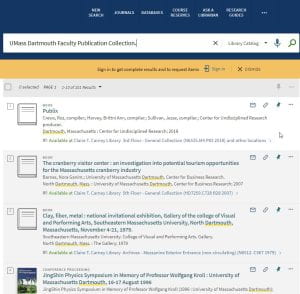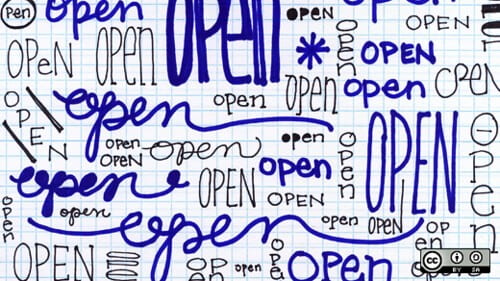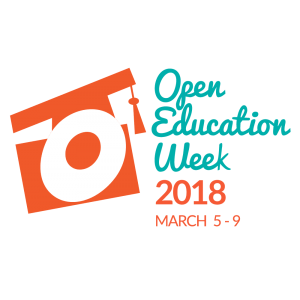This blog will periodically highlight some of our UMass Dartmouth Community’s recent achievements in scholarly publishing, research, and news features. Congrats to the following UMD faculty and staff on their newsworthy work:
Professor Avijit Gangopadhyay co-published “Observed surface and subsurface Marine Heat Waves in the Bay of Bengal from in situ and high resolution satellite data” in Climate Dynamics. The paper documents that surface marine heatwaves have increased in the Bay of Bengal in number, frequency, duration, and intensity over the last two decades.Assistant Professor Jonathan Kush (Management & Marketing) co-published “Communication networks and team performance: selecting members to network positions” in Frontiers in Psychology. The paper examines how individuals come to occupy communication network positions and the effect of selection processes on group performance.Senior Advisor to the Chancellor for Economic Development and Strategic Initiatives Michael Goodman was featured in an article that examined how policies and politicians in Massachusetts define how the state is viewed through a national political lens.Resident Director Kevin McGinnis published “‘All One in Christ Jesus:’ Physical and Moral Equality in Galatians 3:28″ in the Journal of Religious Competition in Antiquity. The paper argues that Paul’s letter to the Galatians was an example of Hellenistic philosophy, which saw everyone as having equal potential for cognitive clarity and moral goodness without the expectation of political equality.
Need help accessing any of these articles? Reach out to our Research and Information Literacy Services Librarians.








 You are invited to attend the 2nd Annual
You are invited to attend the 2nd Annual 